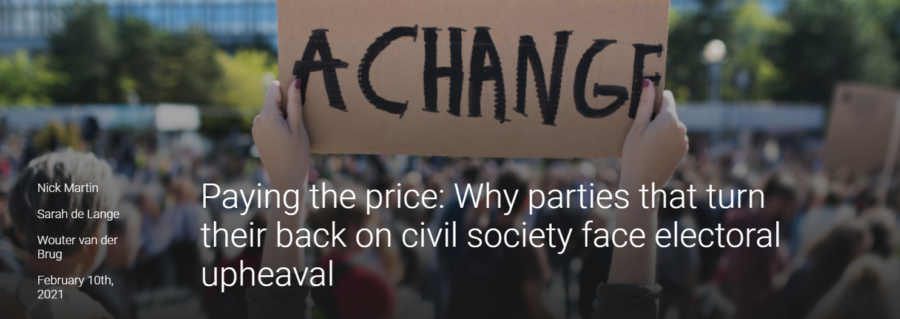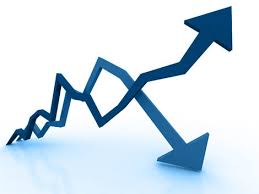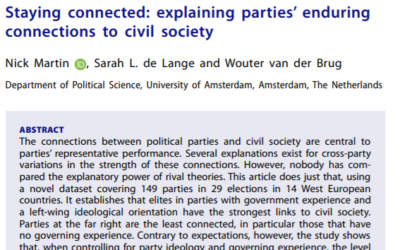Why parties that turn their back on civil society face electoral upheaval
My blog on the article I wrote with Sarah de Lange and Wouter van der Brug, published in Party Politics last December, has gone live on the LSE European Politics blog site. In it we argue that political parties that have withdrawn from civil society pay a price in terms of greater electoral uncertainty. The most important implication of our study is that voters’ and party elites’ membership of civil society organisations matters electorally.
Connections to civil society provide pathways for parties to large numbers of voters. Party elites who withdraw from the life of civil society risk more tenuous voter loyalty. In tight elections this can make all the difference to securing the votes necessary to win office or to pass the threshold for representation in parliament. Parties’ ties to civil society thus help sustain their resilience. Rather than abandoning the arena in which parties and citizens interact, which Peter Mair called the ‘zone of engagement’, parties have strategic incentives to expand that zone.
Our analysis suggests that the ways in which parties seek to connect meaningfully with voters is as important now as it was in the age of the mass party. The ‘connected’ political party of the 20th century characterised by large membership, formal organisational ties, and the party newspaper may have declined in significance. However, the evolving characteristics of the newly connected party of the 21st century are critical to our understanding of party competition.



